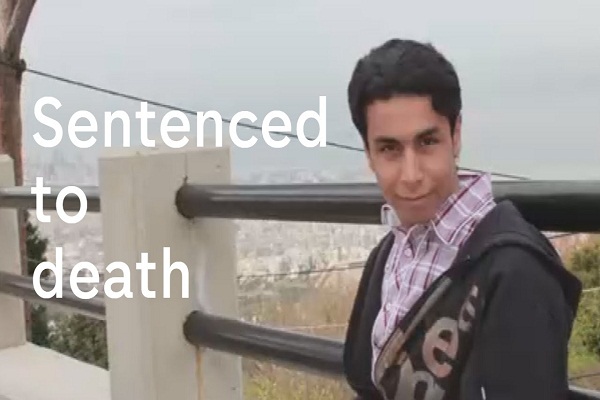UN Rights Experts Urge Riyadh to Halt Imminent Executions

They said that since the Saudis were all under age 18 at the time, imposing the death penalty on them would violate international law, including a treaty protecting children ratified by the kingdom.
Riyadh’s human rights record has been in the spotlight since the murder of Saudi journalist Jamal Khashoggi at its Istanbul consulate this month. There has also been growing international criticism of the Saudi-led coalition’s air strikes in Yemen that have caused heavy civilian casualties including children.
The charges against the six men are based on “criminalization of the exercise of fundamental rights, including freedom of assembly and expression”, the UN experts said in a joint statement which gave scant details.
“They were allegedly tortured and ill-treated, forced to confess, denied adequate legal assistance during trial and never had access to an effective complaint mechanism,” it added.
The men were tried in a Riyadh specialized court that handles terrorism-related issues and there is no known appeals process, a UN human rights official said.
A Saudi source, speaking on condition of anonymity, told Reuters that his understanding was that the men would not be executed, in line with recent changes to Saudi law.
However, the UN experts said that the revised law still allows for the death penalty to be imposed on defendants who committed crimes as juveniles between ages 15 and 18.
Death penalty sentences and executions for crimes committed by people under the age of 18 run contrary to international law and standards, they said. Saudi Arabia has ratified the UN Convention on the Rights of the Child, which forbids capital punishment in such cases.
“In these circumstances, the execution of these six individuals would constitute arbitrary executions,” the experts said.
The UN statement named the six as: Ali al-Nimr, Dawood al-Marhoon, Abdullah al-Zaher, Mujtaba al-Sweikat, Salman Qureish and Abdulkarim al-Hawaj.
Ali al-Nimr - who was sentenced to death over his alleged role in anti-regime protests in 2012 when he was 17 years old, is the nephew of Sheikh Nimr al-Nimr, a Saudi Shia cleric who had called for reforms and was executed in January 2016.
Those protests were part of the Arab Spring movement, a series of uprisings and revolutions that started across the Middle East and North Africa in 2011 against unemployment, inflation as well as corruption, among other things.
The 2011 revolutions, which started with Tunisia, resulted in changes in the governments of Tunisia itself, Egypt, Libya, and Yemen. In Saudi Arabia, the protests have not managed to grow much beyond Internet campaigns as the kingdom has redefined its “anti-terrorism” laws, notably expanding the remit of its security forces and judicial system.
 Most Commented
Most Commented 


